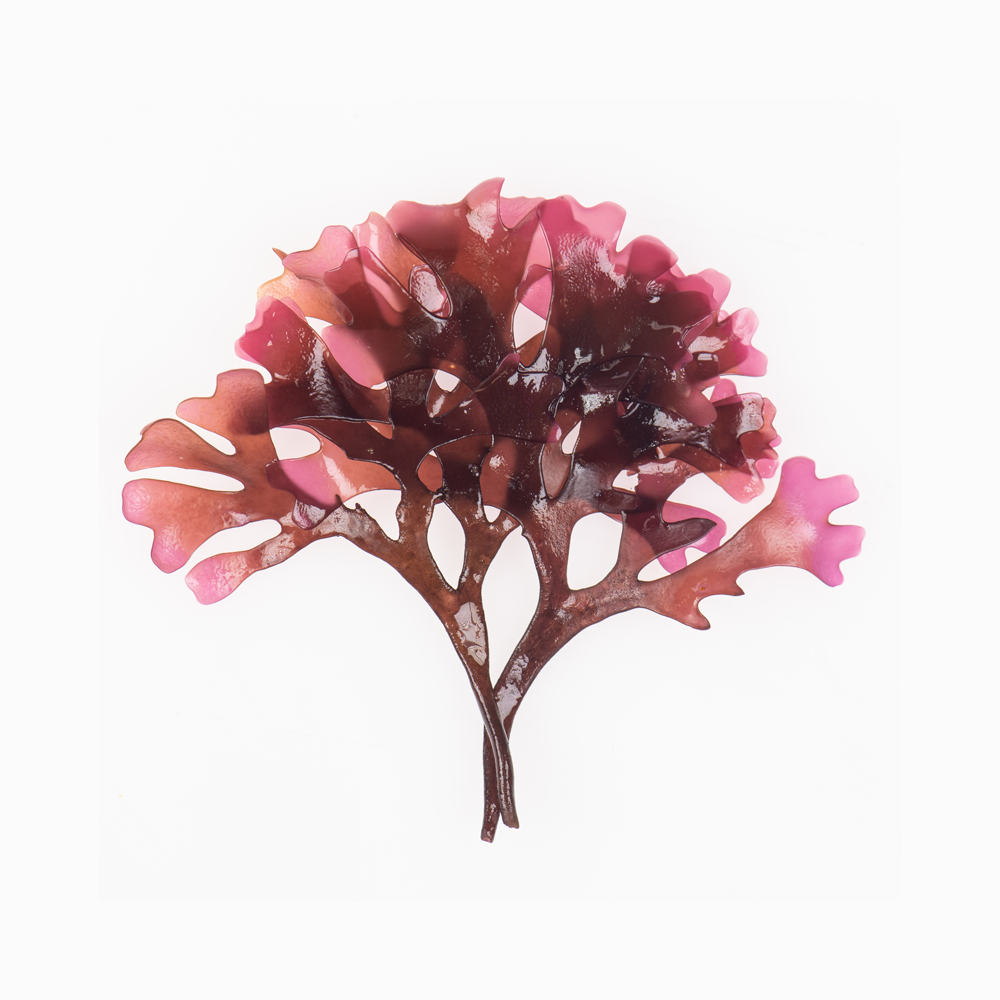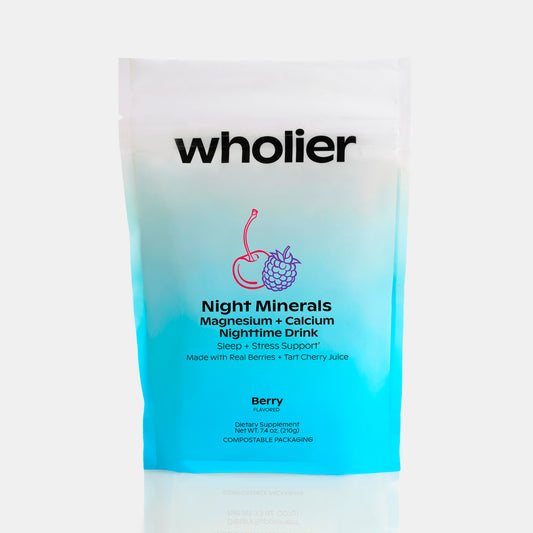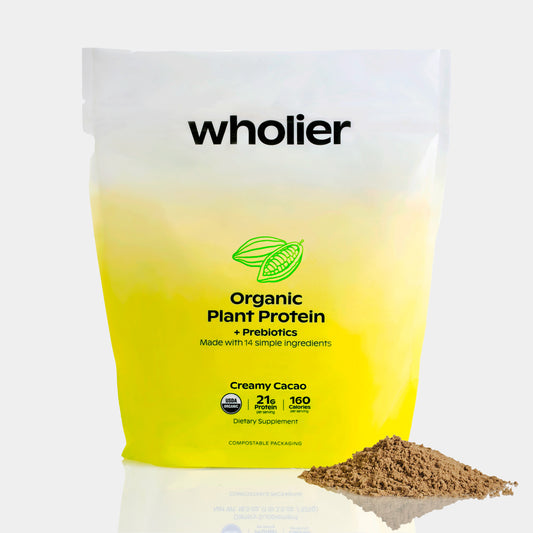
Is Carrageenan Bad For You? The Dangers of This Common Food Additive
If you're someone who regularly reads food labels, you may have noticed carrageenan listed as an ingredient in many processed foods. However, despite being deemed "generally recognized as safe" by the FDA, there is controversy surrounding this seaweed-derived ingredient and its potential health risks (1).
What is Carrageenan?
Carrageenan comes from red seaweed which grows along North America and Europe coasts. It has been used for centuries to thicken or gel products like pudding and beer. There are two types of carrageenan: degraded (poligeenan), which contains smaller molecular weight units causing toxic effects on cells and undegraded – considered safe at low levels by the FDA but still controversial due to its potential side effects when consumed excessively.
Gut Microbiome Disruption Caused By Carrageenan
Despite being deemed safe by the FDA, some studies suggest that consuming high amounts of carrageenan can lead to inflammation and digestive issues which could negatively impact gut health. A study conducted on mice showed that consumption of carrageenan led to inflammation in the digestive tract which may contribute to inflammatory bowel disease (IBD) and colitis - two common conditions linked with poor gut function (2) (3).
Another concerning aspect is how it disrupts healthy microbiome diversity within our gastrointestinal tract leading potentially negative impacts on immune function or nutrient absorption – especially when consumed excessively over time (4).
Natural Alternatives To Carrageenan for Gut Health
While undegraded type carrageenan has been considered generally safe at low levels according to FDA standards; given these concerns regarding excessive intake we recommend considering natural alternatives like agar-agar derived from red algae instead if possible (5).
It’s important also take note about why you should avoid carrageenan in your diet. For those looking to improve their gut health naturally through diet choices we recommend natural alternatives like arrowroot powder extracted from rootstock known for neutral flavor or coconut flour, a low-carb option containing more protein than wheat flours along with healthy fat content. It’s important to note however that all types of food additives need moderation as overconsumption can have adverse effects even if they come from “natural” sources.
So while carrageenan may not be considered inherently "bad" by FDA standards at low levels, it's important to understand its potential health implications so you can make informed choices about what you eat. By avoiding emulsifiers whenever possible – especially those derived from processed sources - we can take steps towards promoting long-term gut health outcomes without compromising flavor/texture aspects commonly found in packaged foods today.
Sources:
(1) "What is Carrageenan?" FoodPrint, accessed November 2021.
(2) Martino JV, Van Limbergen J, Cahill LE. The Role of Carrageenan and Carboxymethylcellulose in the Development of Intestinal Inflammation. Front Pediatr. 2017;5:96. Published 2017 May 1. doi:10.3389/fped.2017.00096
(3) K.C.Maher et al., “Dietary carrageenan induces colitis in interleukin‐10 knockout mice,” American Journal of Physiology-Gastrointestinal and Liver Physiology 292(3) (2007): pp.G829–G838.
(4) J.K. Tobacman, "Review of Harmful Gastrointestinal Effects of Carrageenan In Animal Experiments," Environmental Health Perspectives 109(10) (2001): pp.983–994.
(5) Dawczynski, C., Schubert, R., & Jahreis, G. (2007). Amino acids, fatty acids, and dietary fiber in edible seaweed products. Food Chemistry, 103(3), 891-899.






